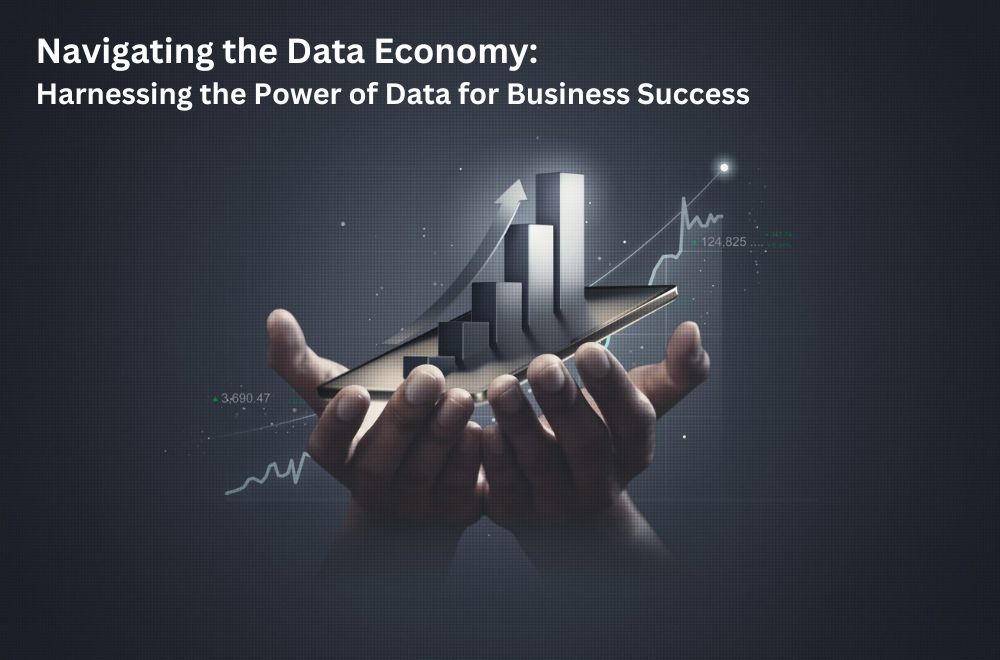Data as a Strategic Asset
In the data economy, organizations recognize that data is not just a byproduct of
business operations but a strategic asset that can drive competitive advantage. By
harnessing data effectively, businesses can gain valuable insights into customer behavior,
market trends, and operational efficiency, enabling them to make informed decisions and stay
ahead of the competition.
Data Collection and Analysis
With the advent of big data technologies and advanced analytics tools, businesses
have unprecedented access to vast amounts of data from various sources. From customer
interactions and social media activity to sensor data and market research, organizations can
collect and analyze data to uncover valuable insights and patterns that inform business
strategies and decision-making.
Personalization and Customer Experience
In the data economy, personalization is key to delivering exceptional customer
experiences. By leveraging data analytics and machine learning algorithms, businesses can
tailor products, services, and marketing campaigns to individual customer preferences and
behaviors, fostering loyalty and driving customer satisfaction.
Monetization of Data
Beyond internal use, businesses can also monetize data by selling or licensing it to
third parties. For example, companies in sectors such as advertising, finance, and
healthcare can leverage their data assets to create new revenue streams through data-driven
products and services or partnerships with other organizations.
Data Privacy and Security
As data becomes increasingly valuable, concerns around data privacy and security are
paramount. In the data economy, businesses must prioritize the protection of customer data
and comply with regulations such as GDPR and CCPA to maintain trust and credibility with
customers while mitigating the risk of data breaches and cyberattacks.
Data Collaboration and Partnerships
Collaboration is essential in the data economy, as no single organization possesses
all the data and expertise needed to unlock its full potential. Businesses can form
partnerships and alliances with other organizations to share data, insights, and resources,
enabling them to derive mutual benefits and drive collective innovation.
Ethical Considerations
With great power comes great responsibility, and businesses operating in the data
economy must navigate ethical considerations related to data usage and manipulation.
Transparency, accountability, and fairness should guide organizations' data practices to
ensure ethical and responsible use of data while respecting individuals' rights and privacy.
Continuous Innovation and Adaptation
The data economy is constantly evolving, driven by advances in technology, changing
consumer behaviors, and regulatory developments. To thrive in this dynamic landscape,
businesses must embrace a culture of continuous innovation and adaptation, experimenting
with new data-driven technologies and strategies to stay ahead of the curve.
In conclusion, the data economy presents unprecedented opportunities for businesses to
harness the power of data to drive innovation, improve decision-making, and create value for
customers and stakeholders. By embracing data as a strategic asset, prioritizing data
privacy and security, fostering collaboration, and upholding ethical standards,
organizations can navigate the complexities of the data economy and unlock new avenues for
growth and success.












